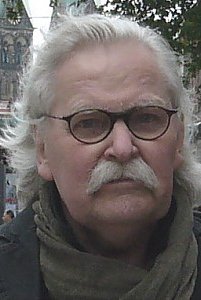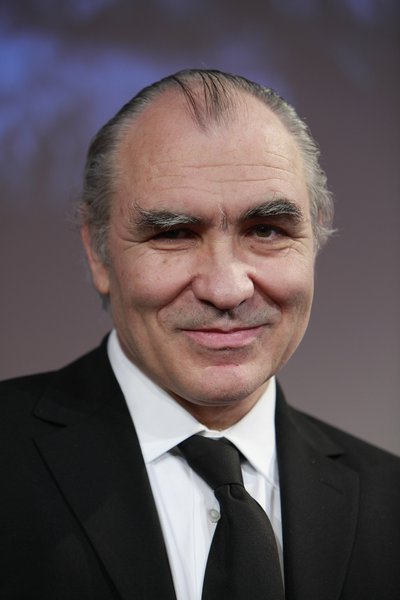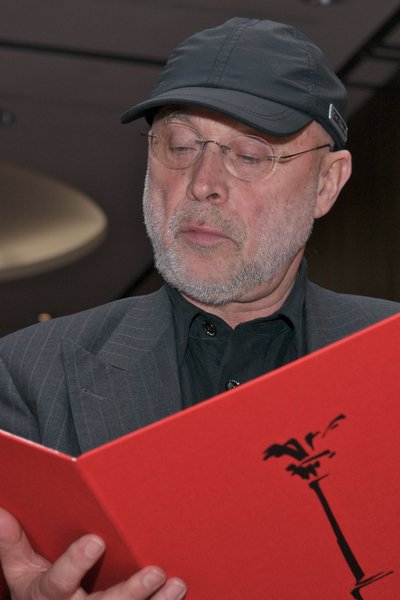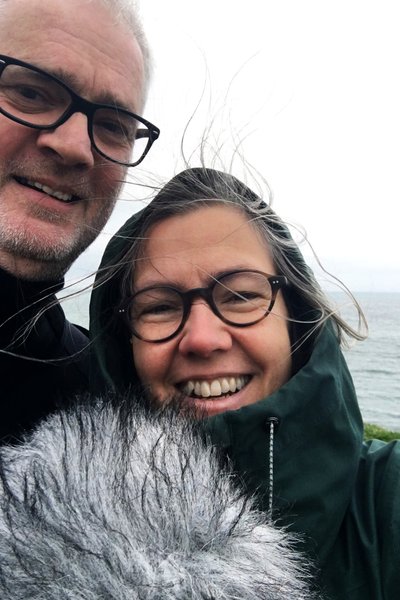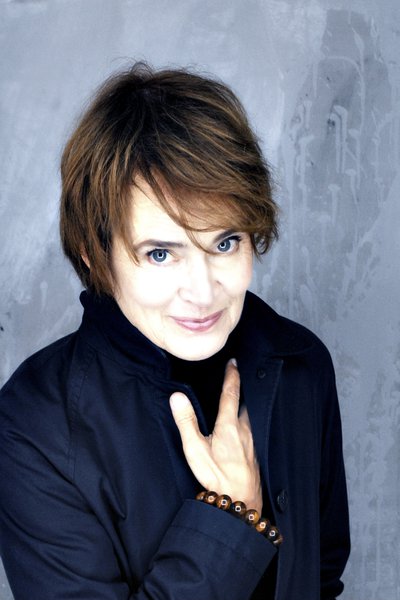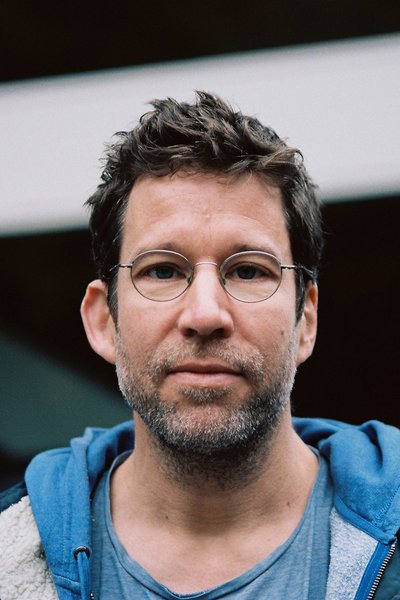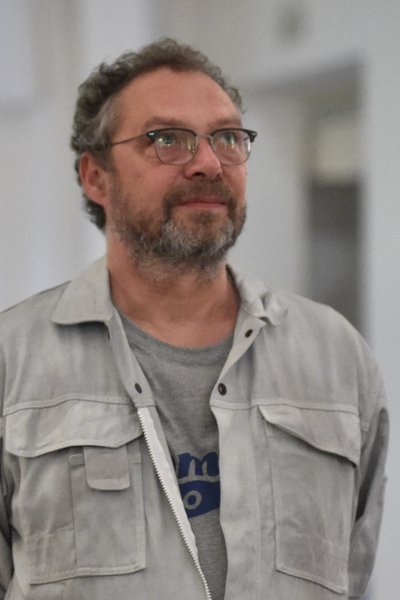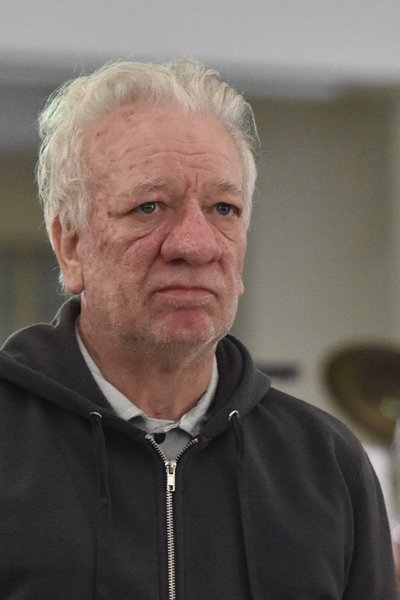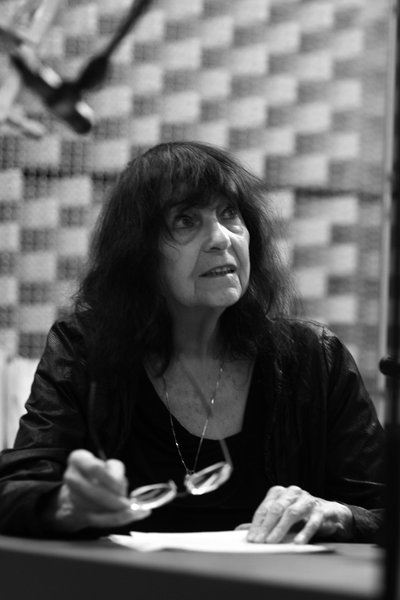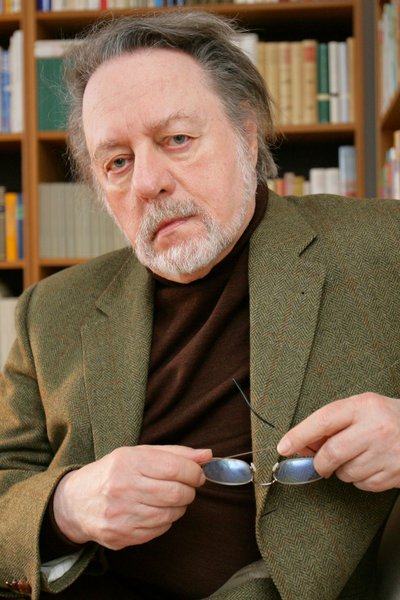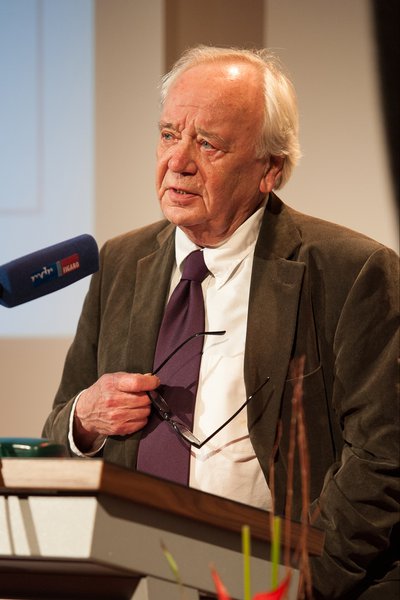The Günter Eich Prize 2011 goes to the radio play author Hubert Wiedfeld, who lives in Hamburg. "Over more than four decades the material and form ideas developed by Hubert Wiedfeld have positively influenced and developed the German-language radio play", the jury justified the choice of the author and writer, who was born in Braunschweig in 1937.
Wiedfeld began producing radio plays in 1969. Before that, he completed an apprenticeship as a bank clerk and worked in a juvenile detention centre as well as in a nursing home. His more than 30 published plays are based on his literary experiences. Today Wiedfeld is regarded as one of the most important radio play authors in the country. The jury judged: "His radio plays reflect contemporary German history - both large and small - in a way that is rarely seen in a radio play author". Wiedfeld's crime, dialect and social fiction games have been awarded the "Prix Italia". The jury included the radio play critic Eva Maria Lenz, the Leipzig journalist Linde Rotta, the editor-in-chief of the "Thüringer Allgemeine" Paul-Josef-Raue and the former head of the literature and radio play department at the Austrian Radio Konrad Zobel. The jury was chaired by Christoph Buggert, radio play director of Hessischer Rundfunk (Hessian Broadcasting Company) until 2002.
Hubert Wiedfeld died on 2 June 2013.
